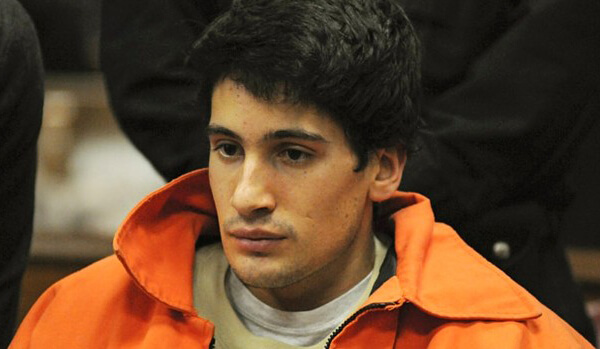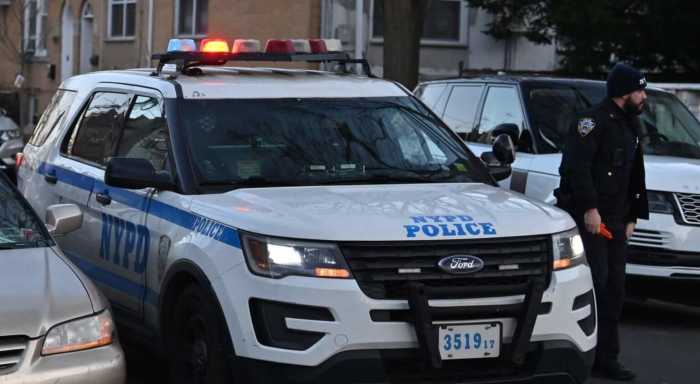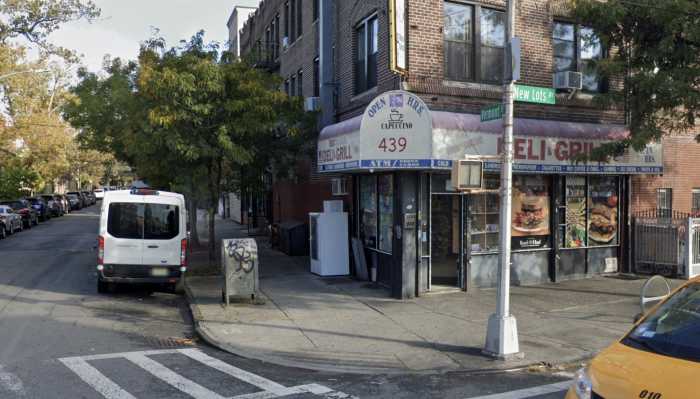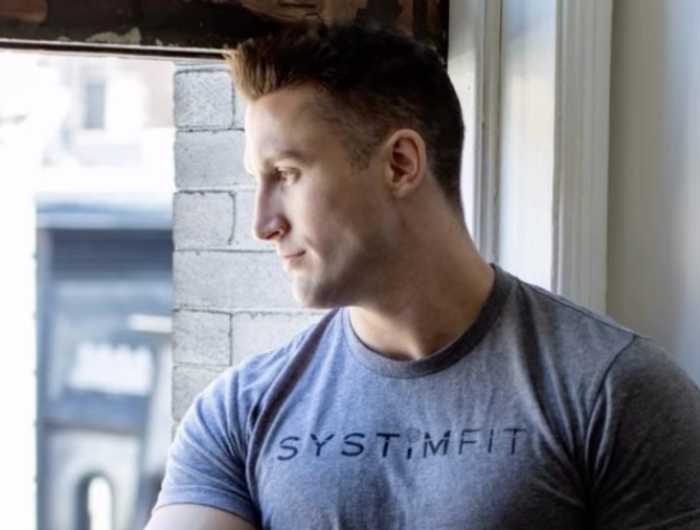Renato Seabra now claims he acted as a “conduit for God” when he castrated and killed Carlos Castro.
While the accused killer of Carlos Castro asserted in court filings that “he was acting as a conduit for God” when he killed the 65-year-old Portuguese TV personality and gay activist in a Manhattan hotel last year, he did not tell police that when he gave them a statement roughly 36 hours after the homicide.
“Did he say who told him to commit this crime?” David Touger, the attorney for Renato Seabra, asked Richard Tirelli, a homicide detective, during a September 14 court hearing. Tirelli said “No.”
Castro and Seabra, who turned 23 on September 10, had been involved in an “intimate relationship” since October 2010, Seabra told police, when they traveled to New York City in January of 2011.
They argued and Seabra launched an hour-long attack on Castro. He first strangled Castro, then stabbed him in the face and groin with a corkscrew. After removing Castro’s testicles with the corkscrew, he hit Castro’s head with a computer monitor and “stomped on Carlos’ face while wearing shoes,” according to a paraphrased version of the statement Seabra gave police that was in court filings.
When the January 7 attack was finished, Seabra showered and dressed in a suit. He wandered around Midtown Manhattan, then a cab driver saw the wounds Seabra had made on his wrists and drove him to St. Luke’s Roosevelt Hospital.
Police tried to interview Seabra there, but hospital staff said he was “heavily sedated” and could not speak to them, Tirelli testified. He was transferred to Bellevue Hospital, and police interviewed him there on January 8.
Seabra told police he was “struggling with his homosexuality and his demons” and that “he had second-guessed his sexuality,” said Tirelli, who was reading Seabra’s statement in court. Seabra told Tirelli he became enraged because he “could not control the virus of homosexuality that was spreading throughout the world,” the detective said.
“He made it pretty clear to you that he thought he had made the world a better place by committing these acts, correct?” Touger asked. Tirelli said, “Yes.”
Seabra did not tell police that he was acting on instructions from God. A psychiatrist, Dr. Robert Harris, and Mark H. Goldenthal, a psychologist, both of whom were hired by the defense, diagnosed him with “Bipolar I Disorder, Single Manic Episode, Severe with Psychotic features,” according to a 2011 court filing.
In that same court filing, Touger wrote, “Mr. Seabra developed a manic episode and became fulminantly psychotic. He acted on his delusional ideas when he attacked and killed Mr. Castro. He did not appreciate the wrongfulness of his actions, as he was acting as a conduit for God.”
Touger will use a mental disease or defect defense –– an insanity defense as it is commonly known –– that asserts that Seabra could not tell right from wrong when he killed Castro so he cannot be held criminally liable. If a jury agrees, Seabra will be institutionalized until doctors decide he is no longer a threat.
Seabra faces one second-degree murder count that alleges he intended to kill Castro. The maximum penalty for second-degree murder is 25-years-to-life.
Juries generally do not like insanity defenses, and they can react badly to defendants who appear to have embellished their stories after the fact. When gay sex is involved in a crime, jurors have at times seen that as a reasonable explanation for behavior they might otherwise deem to be criminal.
Touger also questioned Michael De Almeida, the detective who was the interpreter for the Seabra interview, about any orders from the divine.
“He never mentioned that God instructed him to do this?” Touger asked. De Almeida said, “No, he did not.”
The hearing was held to determine if the statement was taken in accordance with Seabra’s rights. Michael J. Obus, the judge in the case, ruled that Seabra had waived his rights and gave the statement voluntarily so prosecutors can use it at trial.
“I’m satisfied that whatever Mr. Seabra’s condition was the day before… at that time, Mr. Seabra certainly was capable of being interviewed,” Obus said at the close of the hearing.
A doctor at Bellevue told police that Seabra was “coherent, not sedated,” Tirelli testified. De Almeida said Seabra was “calm, cooperative, very comfortable” during the interview.
At the close of the interview, crime scene detectives arrived at the hospital and asked Seabra to voluntarily give them a DNA sample. He refused.
Jury selection will begin on September 19.





































